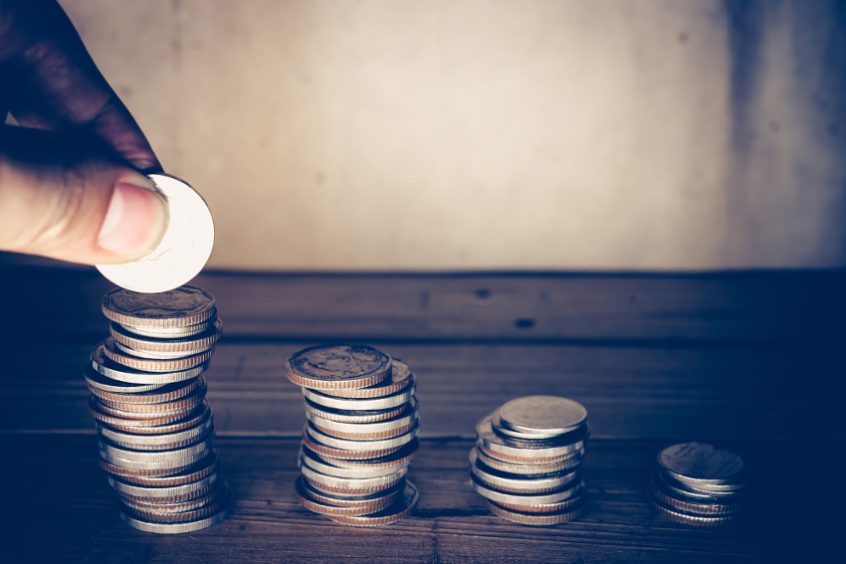Rebuilding Your Life After Filing Bankruptcy
At RGG Law, we have years of experience helping people with filing bankruptcy. In all of this time, we have seen the varying reactions that people have to the idea of filing bankruptcy, as well as their fears about what they will, or will not, be able to do once the dust has of their bankruptcy process has settled. Whether you are filing for Chapter 7 bankruptcy, or Chapter 13 bankruptcy, or looking to otherwise to default on your debt, it certainly carries with it the implication that your life will be drastically different.
But, how much do you have to worry about it? How seriously will filing bankruptcy affect your life in the long run? RGG Law has previously covered the topic of rebuilding your credit after bankruptcy, but in this entry, we examine some of the things you can do to lessen the impact on your life overall.
Checking Your Credit
Your credit score is important, and filing bankruptcy will have an impact on it. Firstly, it is important not to get too hung up or stressed on the long-term implications of this. You will be able to rebuild your credit over time. The best thing you can do during, and immediately after you have filed, is to forget about your credit score – at least for a while. If you have no immediate plans to attempt buying property or taking out another loan (which, in all honesty, should be the furthest thing from your mind), then your credit can wait.
Once your bankruptcy process has ended, you should start checking your credit every so often, but avoid relying on it too much. Building credit takes a long time, and expecting any changes immediately could be harmful.
Start Saving
Filing bankruptcy is typically the end result of misguided or uninformed financial choices. While there are some factors that are out of our control, often not carefully budgeting or saving money is a large contributing factor in having to default on your debt entirely. Once your case is resolved, take the time to plan out a budget, and to start saving.
It is important not to blame yourself for your situation, and instead focus on rebuilding a solid financial foundation from this point on. A financial advisor, or even friends or family, can help you reshuffle your current finances to make sure you are setting some aside. If you have gotten used to living on loans and credit, you are going to have to get used to living within your means and being careful about what you spend.
Keep It All Documented
Another major contributing factor in many bankruptcy cases is simply becoming overwhelmed with everything you need to pay back. When you file for bankruptcy, start keeping all of the documentation and paperwork related to the case. Organize it – or have someone help you organize it – to make it all easily accessible in the future.
Once you are able to get back on your feet financially, start keeping documentation about all your finances. Spending, saving, payments you need to make, and any income should be documented and kept safe and organized, so that you have an easier time keeping track of your money. Whatever new method of documenting your finances is, remember that it is not temporary – this must be a permanent change to avoid becoming overwhelmed again in future.
Contact RGG Law for Help in Filing Bankruptcy
These are just some general tips for making things easier on yourself in your life after bankruptcy. Every case is different, and some might find themselves up against unique challenges of their own. The best piece of advice we can give is to contact a bankruptcy lawyer with the experience to help you.

